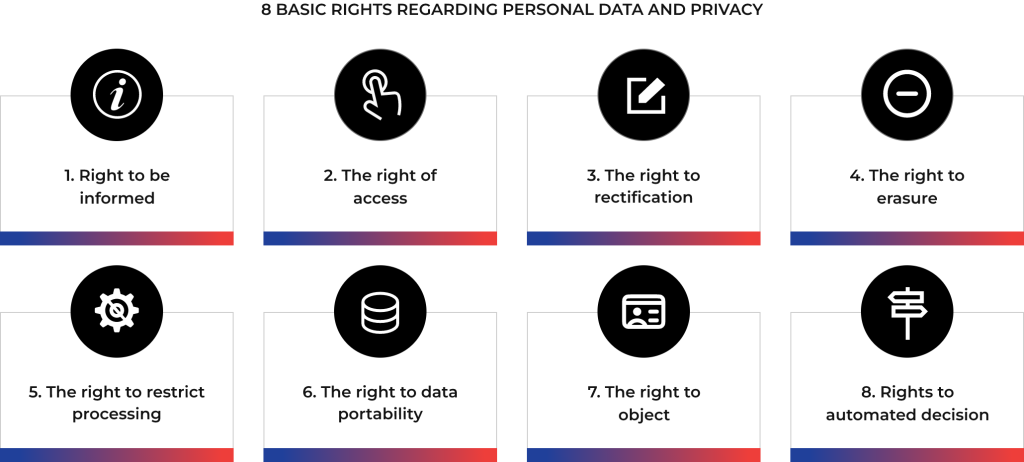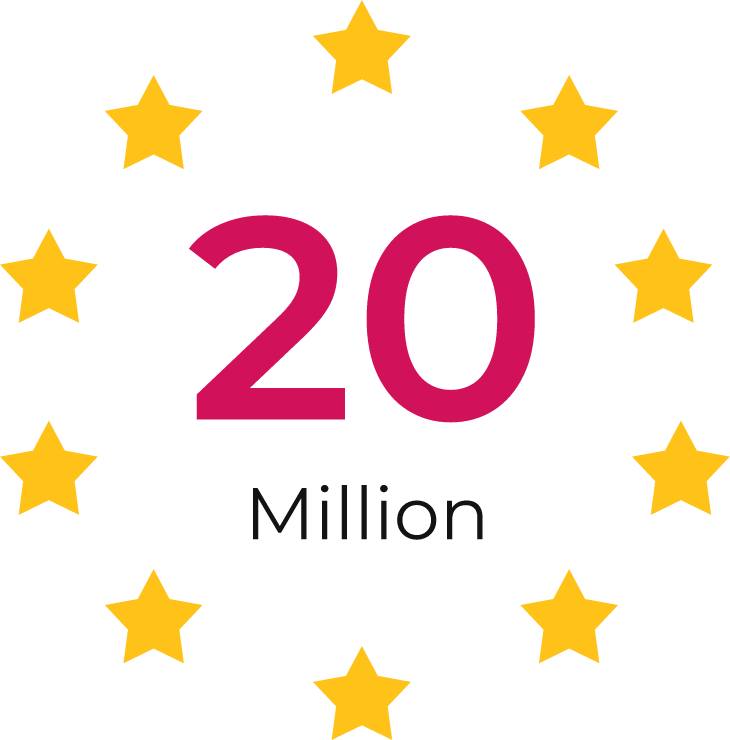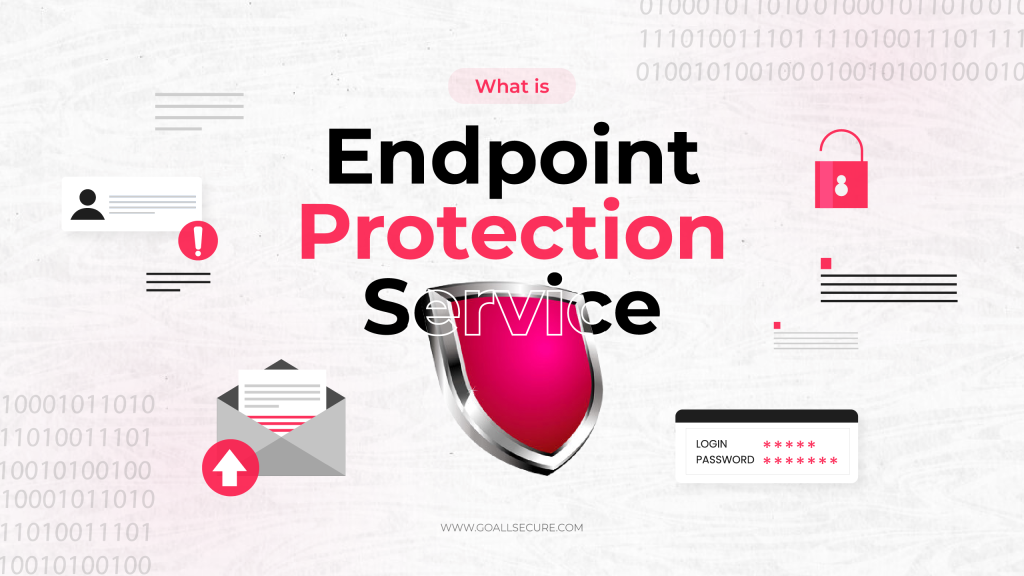General Data Protection
Regulation (GDPR)
We Are Here to Make GDPR Compliance and Reporting
Easy for You
The General Data Protection Regulation (GDPR) is a piece of digital privacy legislation that controls how businesses gather, use, and safeguard the personal data of people living in the European Union (EU). The GDPR is the world’s strictest law governing data security and privacy. Regardless of location, it applies to businesses that offer services to EU nationals. It even covers the transfer of data outside the EU.
GDPR standards aim to strengthen privacy rights by granting users (also known as data subjects) choice over how their personal data is collected, shared, and utilised. They have the right to have their personal information secured, used lawfully and fairly, corrected if they request that the information be changed, and made available if they request a copy.

What Types of Data Are Protected By GDPR
The GDPR’s goal is to safeguard people and the data that identifies them, as well as to ensure that businesses that collect this data do so ethically. GDPR requires that personal data be kept secure; it states that personal data must be secured from “unauthorised or unlawful processing, and against accidental loss, destruction, or damage.” The following fall under the umbrella of protected data in GDPR:
- Basic identity information such as name, address, and ID numbers
- Web data such as location, IP address, cookie data, and RFID tags
- Health and genetic data
- Biometric data
- Racial or ethnic data
- Political opinions
- Sexual orientation
Talk to Our Compliance Experts to Determine the Next Right Step for Your Business
Is Your Business Affected by GDPR?
GDPR applies to all companies (both inside and outside the EU) that process personal data for EU citizens in an automated or partially automated manner to provide products or services, monitor behaviour, or both.
Even if a company doesn’t have a physical presence in the EU, it must abide by the GDPR if it maintains or processes personal data about EU citizens there.

What Is the Penalty for Non-
Compliance with GDPR?
For non-compliance, the GDPR allows for severe fines of up to €20 million or 4% of global annual revenue, whichever is greater. Organisations that haven't even tried to comply with GDPR will face the highest sanctions.
What are the 7 Principles of GDPR?
Lawfulness, fairness, and transparency
Purpose
limitation
Data
minimisation
Accuracy
Storage
limitation
Integrity and
confidentiality (security)
Accountability
Learn More About Getting General Data Protection Regulation Compliant
Why Choose GoAllSecure for GDPR Readiness?
The GDPR’s goal is to safeguard people and the data that identifies them, as well as to ensure that businesses that collect this data do so ethically. GDPR requires that personal data be kept secure; it states that personal data must be secured from “unauthorised or unlawful processing, and against accidental loss, destruction, or damage.” The following fall under the umbrella of protected data in GDPR:
We give you the resources, knowledge, and direction you need to meet all the important GDPR requirements and avoid non-compliance.

















 TRAVEL & HOSPITALITY
TRAVEL & HOSPITALITY HEALTHCARE
HEALTHCARE RETAILS & ECOMMERCE
RETAILS & ECOMMERCE BANKING & FINANCIAL
BANKING & FINANCIAL AutoMobile
AutoMobile MANUFACTURING
MANUFACTURING FOOD
FOOD EDUCATION
EDUCATION


